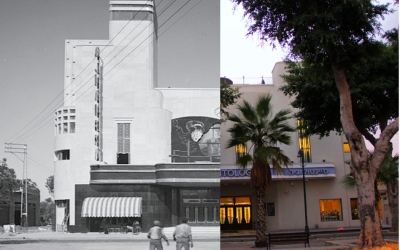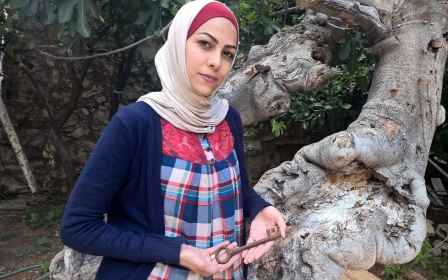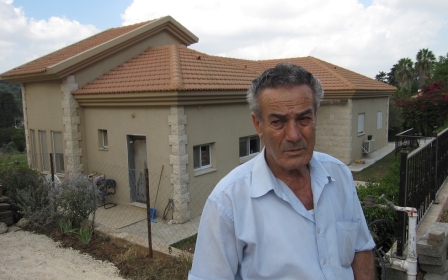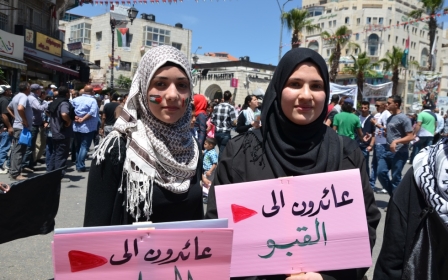Secret Israeli unit hiding documents to undermine history of Nakba: Report
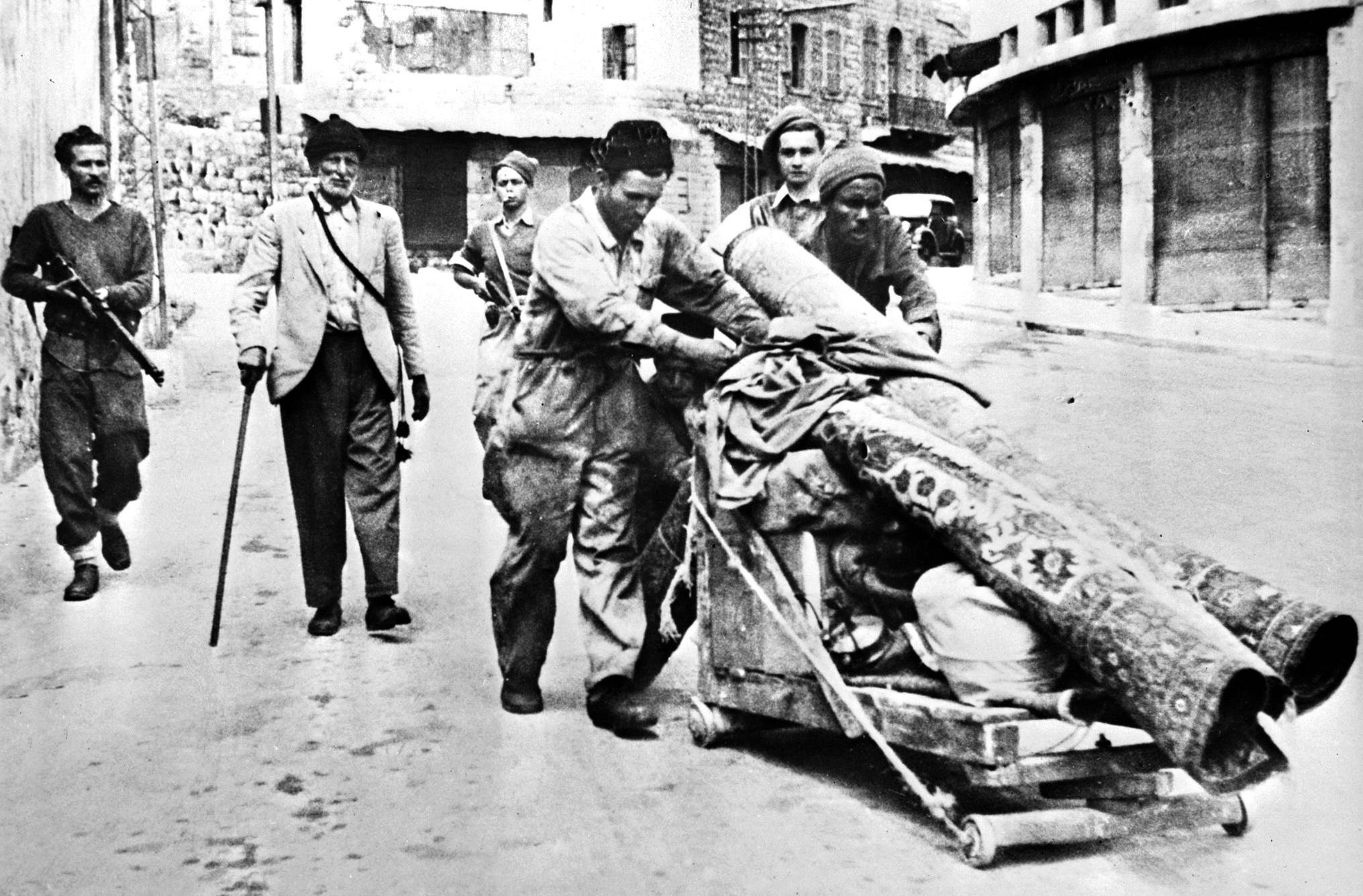
Israel's Ministry of Defence has been systematically sealing archival documents for at least a decade to conceal evidence of the Nakba, the mass expulsion of 700,000 Palestinians during the Arab-Israeli war of 1948, Haaretz has revealed.
A secretive security department in the defence ministry has overseen the ongoing project, taking historic files and putting them away in vaults. In some cases, historians cited documents in their work that later disappeared, Haaretz reported.
Yehiel Horev, former head of the department which goes by the Hebrew acronym Malmab, told Haaretz that it made sense to hide the details of what happened in 1948 because the documents could "generate unrest" among Palestinians in Israel.
When asked why files were removed that had already been highlighted by researchers and others, Horev said the objective was to undermine the credibility of history written about the era.
Papers on Israel's nuclear project and the country's foreign relations were also reportedly transferred to vaults.
Some of the sealed documents reveal details of looting, massacres of Palestinians, forcible expulsion, and demolition of villages by Israeli militias, based on interviews with Israeli generals and soldiers who fought in the 1948 war, Haaretz reported.
A book by Israeli historian Benny Morris - The Birth of the Palestinian Refugee Problem, 1947-1949 - referred to one of the documents, quoting details of a massacre in the Palestinian village Safsaf in Galilee, based on notes written about a 1948 briefing given by the former chief of staff of the Haganah, the Israeli army's predecessor.
According to what Morris published, the notes said: "Safsaf 52 men tied with a rope. Dropped into a pit and shot. Ten were killed. Women pleaded for mercy. [There were] three cases of rape. Caught and released. A girl of 14 was raped. Another four were killed."
This document, along with others, has disappeared from the Israeli archive, after Malmab's team censored them, according to Haaretz.
Middle East Eye propose une couverture et une analyse indépendantes et incomparables du Moyen-Orient, de l’Afrique du Nord et d’autres régions du monde. Pour en savoir plus sur la reprise de ce contenu et les frais qui s’appliquent, veuillez remplir ce formulaire [en anglais]. Pour en savoir plus sur MEE, cliquez ici [en anglais].


